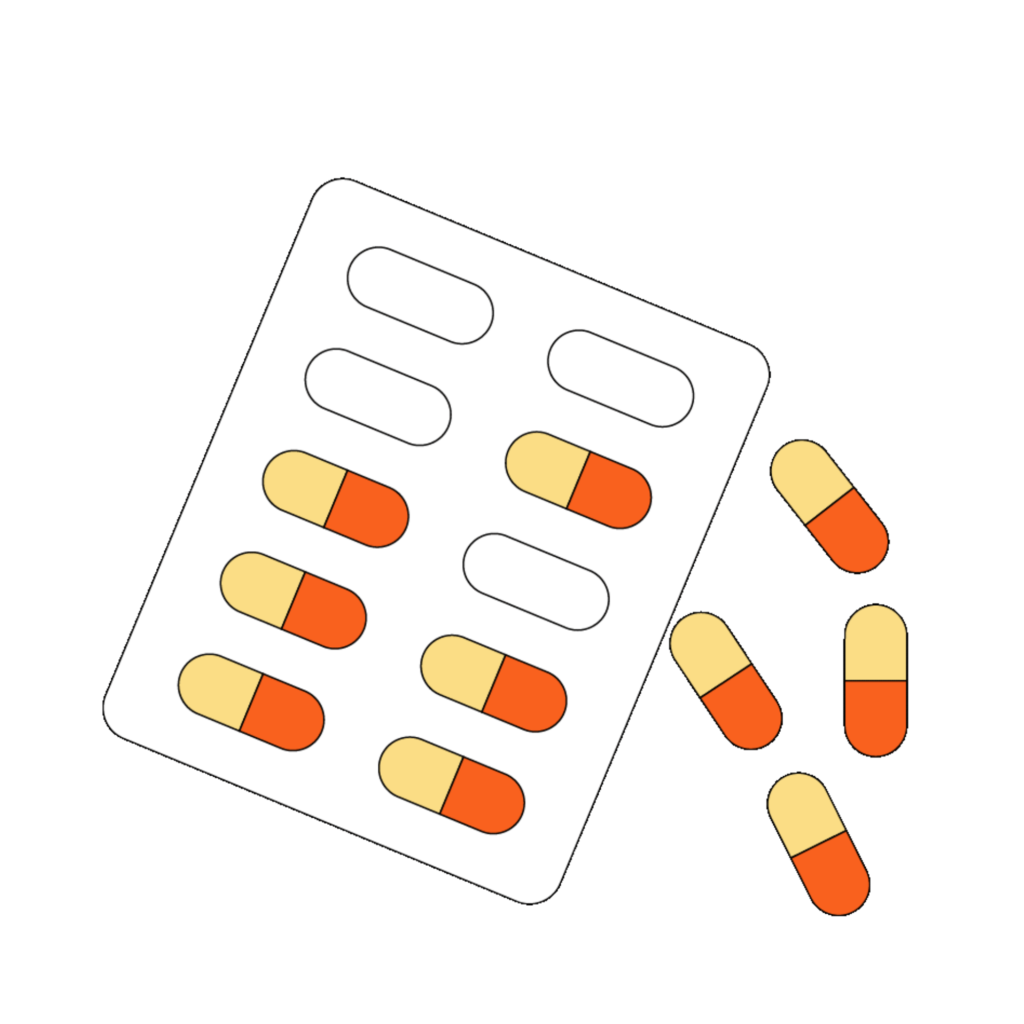Despite its lean staff of less than 100 and limited geographical reach, the Pharmacy Council (PC) is tasked with regulating the pharmacy profession but also conducting inspections of medicine retailers, to keep up with the booming number of pharmacies and drug stores across Tanzania.
In the midst of the challenge, the Ministry of Health is proposing a move to transfer the responsibility of inspecting pharmacies and drug stores, to the Tanzania Medicines and Medical Devices Authority (TMDA).
Researchers have raised concerns over increased malpractices in pharmacies and drug stores in cities and rural parts of the country and called for a stronger Pharmacy Council in regulating the practice.
While the Ministry of Health has not opened up on the specific challenges currently faced by the PC, insiders have explained to MedicoPRESS about the resource constraints and a workload that outstrips their capacity in fulfilling its mandate.
The Minister of Health Ummy Mwalimu has announced that recommendations have been submitted to the Attorney General of the United Republic of Tanzania, aiming to shift the “inspection burden” to TMDA.
“This will allow the Pharmacy Council to focus on pharmacy professionals,” Mwalimu stated to local media. “Their role is to ensure qualified pharmacists, proper guidelines, and ethical practices. Inspecting pharmacies should not be their core function,” she added.
Some argue that TMDA, with its nationwide zonal offices, larger workforce, and experience in conducting regular inspections, is better equipped for the task.

However, others argue that strengthening the PC, rather than transferring responsibilities, should be the priority.
“We want to strengthen the pharmacy profession. A profession where antibiotics are not dispensed without prescriptions
Ummy Mwalimu-Minister of Health
The proposed shift comes at a critical time. The rapid growth of pharmacies, particularly in rural areas, raises concerns about substandard practices and the availability of counterfeit drugs. Ensuring proper regulations and inspections is crucial for safeguarding public health.
The Pharmacy Council’s core mandate, as outlined in the Pharmacy Act of 2011, lies in regulating pharmacy professionals and ensuring high standards of education and practice. This includes evaluating intern pharmacists, overseeing prior registration, and monitoring the conduct of pharmacists, technicians, and assistants.
However, the additional responsibility of managing pharmacies and drug stores, assigned in 2012, has proven to be a burden. Concerns about the Council’s capacity to effectively fulfill both roles were raised as early as then.
The proposed transfer of responsibility to TMDA marks a significant shift in the landscape of pharmacy regulation in Tanzania. While the long-term impact remains to be seen, the move highlights the need for a robust and efficient system to ensure safe and ethical pharmacy practices across the country.









